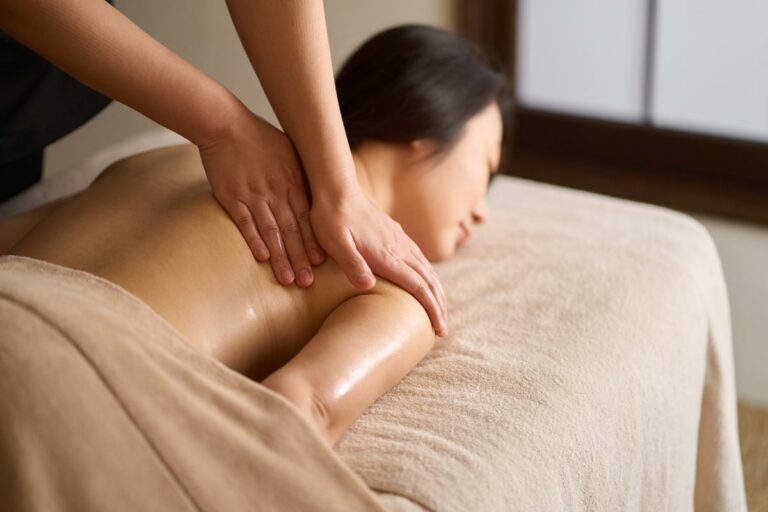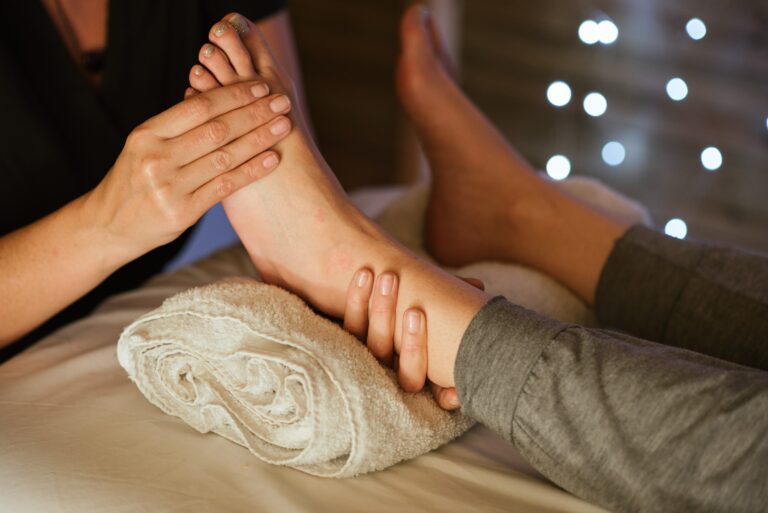Chinese Massage Vs. Regular: What’s The Difference?
Are you confused about whether you should get a Chinese massage or receive a regular massage? In this article, we’ll break down the differences between these two types of massages and help you decide which one is right for you.
Chinese Massage Origins
Chinese massages have been around for centuries, dating back to its origin in ancient China. It involves manual manipulation of certain parts of the body as well as energy healing techniques that manipulate your qi or life energy. The main focus of Chinese massage revolves around balance and harmony, using manipulating acupressure points and other manipulative techniques to help restore physical and emotional wellness.
Regular Massage Basics
A regular massage commonly uses a combination of kneading, long strokes, and circular motions that are generally done with the use of oil or lotion to reduce friction on the skin and allow for better movement on the part of the masseuse. The aim here is to relax muscles by increasing blood flow, releasing toxins from tense areas, as well as teaching relaxation.
Differences Between Chinese Massage and Regular Massage
The most obvious difference between these two types of massage is that Chinese massage relies heavily on the manipulation of pressure points within the body, while regular massage focuses more on the general manipulation of tissue through stroking. Regular massages also often involve greater amounts of oil or lotion than Chinese massages due to their focus on releasing tension in tissues rather than stimulating energy flow throughout the body. Furthermore, regular massages typically do not address any emotional issues, but they can be used in conjunction with psychological counseling when necessary in certain situations, such as dealing with PTSD. On the other hand, Chinese massage can be used in cases where emotional issues need to be addressed as it helps focus on imbalance within the body caused by emotions such as anxiety or anger.







